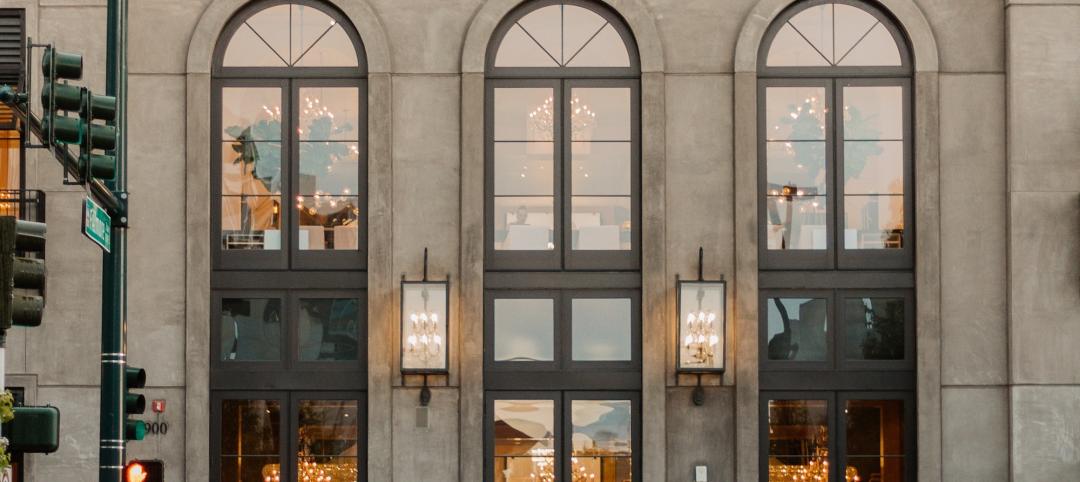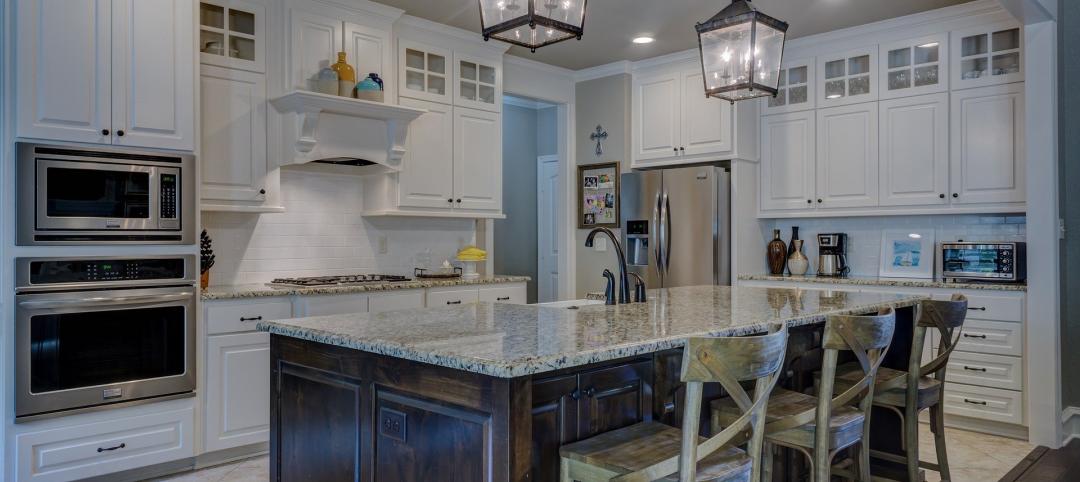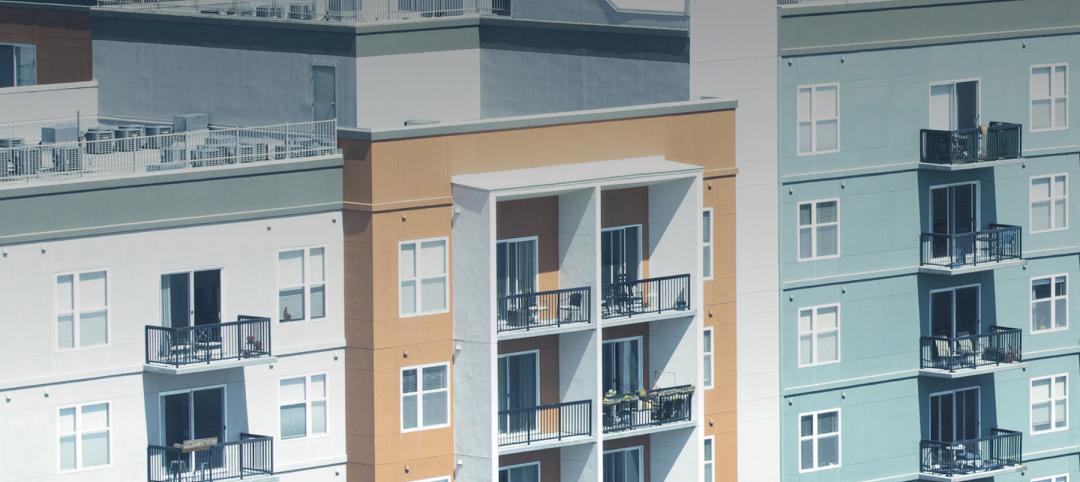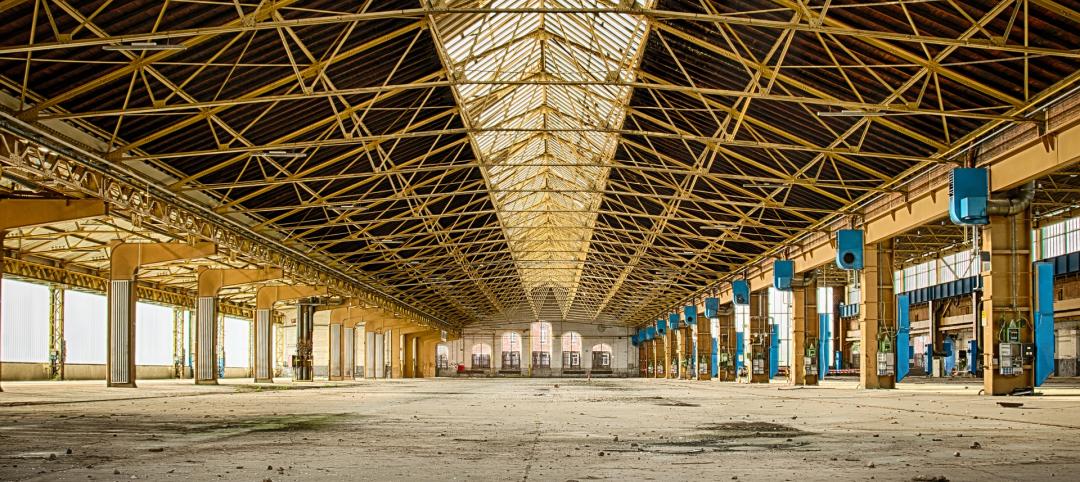With little choice but to adopt virtual care options due to pandemic restrictions and interactions, telehealth adoption soared as patients sought convenience and more efficient care options. Virtual visits peaked at 52 percent of visits in the second quarter of 2020 and since then have stabilized to around 11 percent, according to May 2021 data from Chartis Group, up from a pre-pandemic utilization of less than 1 percent in early 2020. But telehealth is not replacing the physical office by any means. JLL Healthcare’s new patient consumer survey results reveal that 62 percent of care visits were exclusively in person with no virtual care component. Of the respondents who noted having virtual care components, about 31 percent resulted in a physical office visit, suggesting telehealth’s position as an augmentation to the physical office, rather than a replacement.
“Physical facilities are still at the center of the healthcare ecosystem,” said Jay Johnson, U.S. Practice Leader, JLL Healthcare. “Virtual care via telehealth is replacing some in-person visits, but nearly three quarters of the care still involved a physical location according to our survey results. Telehealth is actually leading to subsequent in-person care interactions that might not have occurred otherwise. Steady occupancy of 91 to 92 percent in the national medical office market over the past three years, coupled with slightly increasing rental rates, seem to bear out the durability of physical sites of care.”
Overall, convenience wins, with 83 percent of patients traveling less than 30 minutes to access care and 40 percent travelling less than 15 minutes. Unsurprisingly, primary care and urgent care visits were most likely to have had shorter travel times. Visits to surgery centers required the longest amounts of travel, with 31 percent traveling 30 minutes or more. Patients continue to prioritize locational convenience over facility quality, which has remained true since 2020.

According to the 2022 survey, virtual components of care were more common in the Northeast and West (41 percent and 43 percent respectively), in comparison to the Midwest and South (32 percent and percent respectively). Specifically, 75 percent of behavioral health/psychiatry clinic respondents had a virtual component to care.
Seventy-six percent of all respondents who have had a telehealth visit since July 1, 2021 would prefer telehealth visits in the future. However, preferences in care differ based on patient community, with urbanites more likely than others to request a telehealth appointment for an initial consultation, suggesting that even in a dense urban community with more options for care available, convenience still prevails. Only 36 percent of urbanites traveled less than 15 minutes to a healthcare facility, compared to 45 percent of suburbanites, which also alludes to why telehealth is more likely to be embraced in urban settings.
“Telehealth’s convenience will make it here to stay as a facet of the healthcare industry, and in turn, its accessibility will result in more in-person care,” said Richard Taylor, President, JLL Healthcare. “Because of this, systems need to embrace telehealth and invest in strengthening the performance and capabilities of their technology platforms.”
The JLL Healthcare Patient Survey was conducted via Engine Insights with a nationally representative group of U.S. residents from January 3, 2022 to January 12, 2022. The number of respondents totaled 4,060, in which 52 percent were female and 48 percent were male.
JLL Healthcare provides a full range of real estate and facilities solutions for hospitals, physicians and other care providers as well as real estate investors that own and operate medical and seniors housing properties. JLL Healthcare helps clients plan, find, finance, buy, lease, sell, construct, optimize, manage and maintain the most-advantageous facilities anywhere in the US for all property types along the continuum of care, serving over 350 million square feet of healthcare property annually. Visit us.jll.com/healthcare to learn more.
Related Stories
K-12 Schools | Nov 30, 2022
School districts are prioritizing federal funds for air filtration, HVAC upgrades
U.S. school districts are widely planning to use funds from last year’s American Rescue Plan (ARP) to upgrade or improve air filtration and heating/cooling systems, according to a report from the Center for Green Schools at the U.S. Green Building Council. The report, “School Facilities Funding in the Pandemic,” says air filtration and HVAC upgrades are the top facility improvement choice for the 5,004 school districts included in the analysis.
Industry Research | Nov 8, 2022
U.S. metros take the lead in decarbonizing their built environments
A new JLL report evaluates the goals and actions of 18 cities.
Reconstruction & Renovation | Nov 8, 2022
Renovation work outpaces new construction for first time in two decades
Renovations of older buildings in U.S. cities recently hit a record high as reflected in architecture firm billings, according to the American Institute of Architects (AIA).
Hotel Facilities | Oct 31, 2022
These three hoteliers make up two-thirds of all new hotel development in the U.S.
With a combined 3,523 projects and 400,490 rooms in the pipeline, Marriott, Hilton, and InterContinental dominate the U.S. hotel construction sector.
Laboratories | Oct 5, 2022
Bigger is better for a maturing life sciences sector
CRB's latest report predicts more diversification and vertical integration in research and production.
Multifamily Housing | May 11, 2022
Kitchen+Bath AMENITIES – Take the survey for a chance at a $50 gift card
MULTIFAMILY DESIGN + CONSTRUCTION is conducting a research study on the use of kitchen and bath products in the $106 billion multifamily construction sector.
Market Data | Apr 14, 2022
FMI 2022 construction spending forecast: 7% growth despite economic turmoil
Growth will be offset by inflation, supply chain snarls, a shortage of workers, project delays, and economic turmoil caused by international events such as the Russia-Ukraine war.
Industrial Facilities | Apr 14, 2022
JLL's take on the race for industrial space
In the previous decade, the inventory of industrial space couldn’t keep up with demand that was driven by the dual surges of the coronavirus and online shopping. Vacancies declined and rents rose. JLL has just published a research report on this sector called “The Race for Industrial Space.” Mehtab Randhawa, JLL’s Americas Head of Industrial Research, shares the highlights of a new report on the industrial sector's growth.
Codes and Standards | Apr 4, 2022
Construction of industrial space continues robust growth
Construction and development of new industrial space in the U.S. remains robust, with all signs pointing to another big year in this market segment
Industry Research | Apr 4, 2022
Nonresidential Construction Spending Drops Slightly in February, Says ABC
National nonresidential construction spending was down 0.1% in February, according to an Associated Builders and Contractors analysis of data published today by the U.S. Census Bureau

















